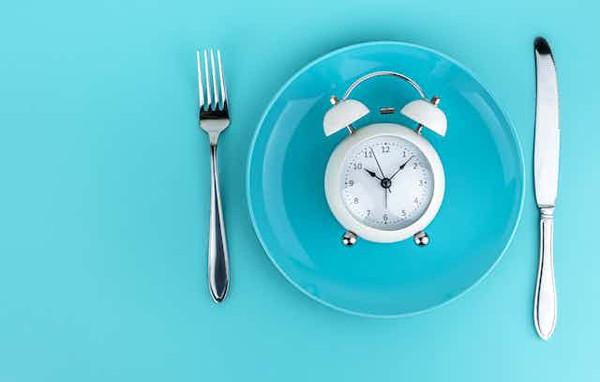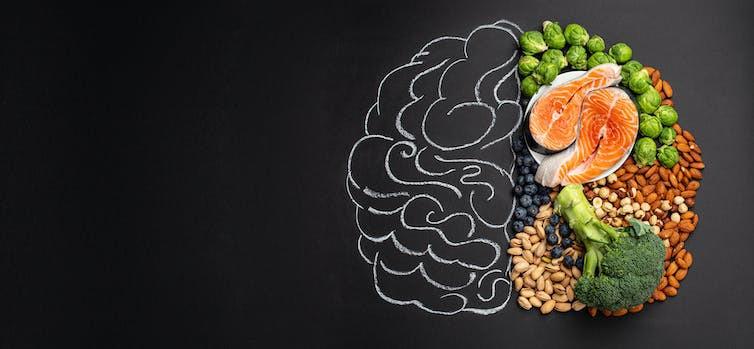Explore the World's Best Ideas
Join today and uncover 100+ curated journeys from 50+ topics. Unlock access to our mobile app with extensive features.
When you eat matters
Eating is an essential part of human life and it turns out that not only what we eat but when we eat can impact our brains. Irregular eating times have been shown to contribute to poor mental health, including depression and anxiety, as well as to cardio-metabolic diseases and weight gain.
The circadian clock system is responsible for aligning our internal processes at optimal times of the day based on cues from the environment such as light or food. Fortunately, it is possible to leverage our eating rhythms to limit negative moods and increase mental health.
21
155 reads
How eating rhythms impact the brain
The circadian clock system is responsible for aligning our internal processes at optimal times of the day based on cues from the environment such as light or food.
- Although the main clock manages metabolic function over the day-night cycle, our eating rhythms also impact the main clock.
- When the main circadian clock in the brain is out of sync with eating rhythms, it impacts the brain’s ability to function fully. Even though the brain is only 2% of our total body mass, it consumes up to 25% of our energy. So abnormal meal times are bound to have negative health outcomes.
17
103 reads
Food and mood
- There is an overlap between neural circuits governing eating and mood. Also, digestive hormones exert effects on dopamine, a neurotransmitter that plays a large role in mood, energy, and pleasure.
- Individuals with depression and bipolar disorder have abnormal dopamine levels. Altered eating rhythms are thought to contribute to the poor maintenance of mood.
- Irregular eating may even play a role in the complex underlying causes of mood disorders. Despite this evidence, assessing eating rhythms is not currently part of standard clinical care in most psychiatric settings.
18
110 reads
Optimizing eating rhythms: time-restricted eating (TRE)
This is also known as intermittent fasting.
- TRE involves restricting the eating window to a certain amount of time during the day, typically four to 12 hours. For example, choosing to eat all meals and snacks in a 10-hour window from 9:00 a.m. to 7:00 p.m. reflects an overnight fasting period.
- Evidence suggests that this method optimizes brain function, energy metabolism, and the healthy signaling of metabolic hormones.
- TRE has already been shown to prevent depressive and anxiety symptoms in animal studies designed to model shift work.
18
107 reads
Circadian rhythms in a 24-hour world
We live in a 24-hour world filled with artificial light and round-the-clock access to food. That makes the effects of disturbed eating rhythms on mental health an important topic for modern life.
For the general population, it is important to increase public knowledge on accessible and affordable ways to maintain healthy eating. This includes paying attention not only to the content of meals but also to eating rhythms.
17
88 reads
IDEAS CURATED BY
Brian 's ideas are part of this journey:
Learn more about food with this collection
Navigating and enjoying the thrill of horror and scare experiences
Historical knowledge of Halloween and its origins
Understanding and appreciating Halloween traditions worldwide
Related collections
Similar ideas
2 ideas
How timing your meals right can benefit your health
theguardian.com
4 ideas
Synchronizing Your Biological Clock With a Schedule
verywellmind.com
Read & Learn
20x Faster
without
deepstash
with
deepstash
with
deepstash
Personalized microlearning
—
100+ Learning Journeys
—
Access to 200,000+ ideas
—
Access to the mobile app
—
Unlimited idea saving
—
—
Unlimited history
—
—
Unlimited listening to ideas
—
—
Downloading & offline access
—
—
Supercharge your mind with one idea per day
Enter your email and spend 1 minute every day to learn something new.
I agree to receive email updates





